Depeche Mode – Violator
Violator is where Depeche Mode stopped being a great synth-pop band and became something much bigger. It’s not just the sound of a group refining their craft—it’s the sound of them reimagining what they could be.
 Blue Rock music is a fusion genre that blends the raw emotional depth of blues with the electrified energy of rock. Rooted in the blues traditions of the Mississippi Delta and Chicago, Blue Rock took shape in the 1960s and ’70s when artists began amplifying blues riffs and incorporating the driving rhythms of rock and roll. This genre is characterized by soulful vocals, searing guitar solos, and a heavy emphasis on groove and improvisation. While blues has always been a foundational element of rock, Blue Rock distinguishes itself by maintaining the grit and storytelling aspects of the blues while infusing it with rock’s power and dynamism.
Blue Rock music is a fusion genre that blends the raw emotional depth of blues with the electrified energy of rock. Rooted in the blues traditions of the Mississippi Delta and Chicago, Blue Rock took shape in the 1960s and ’70s when artists began amplifying blues riffs and incorporating the driving rhythms of rock and roll. This genre is characterized by soulful vocals, searing guitar solos, and a heavy emphasis on groove and improvisation. While blues has always been a foundational element of rock, Blue Rock distinguishes itself by maintaining the grit and storytelling aspects of the blues while infusing it with rock’s power and dynamism.
Artists like Eric Clapton, Stevie Ray Vaughan, and ZZ Top helped popularize Blue Rock, with their fiery guitar playing and blues-inflected songwriting influencing generations of musicians. The genre remains relevant today, with contemporary artists such as Gary Clark Jr. and Joe Bonamassa keeping the sound alive. Blue Rock bridges the gap between traditional blues and modern rock, making it accessible to a wide audience while preserving its deeply emotional and expressive roots. Whether through slow-burning ballads or high-energy anthems, Blue Rock continues to be a vital force in music, proving that the blues, in all its electrified glory, never goes out of style.
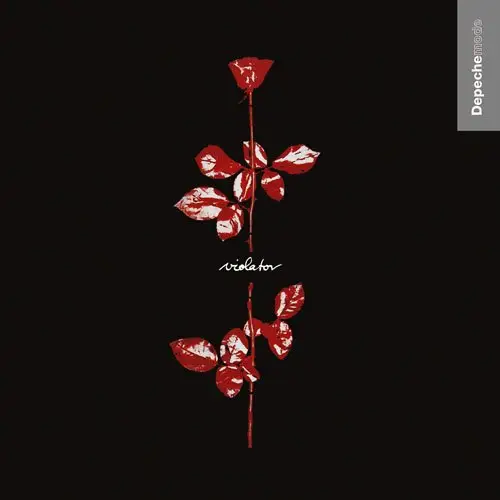
Violator is where Depeche Mode stopped being a great synth-pop band and became something much bigger. It’s not just the sound of a group refining their craft—it’s the sound of them reimagining what they could be.
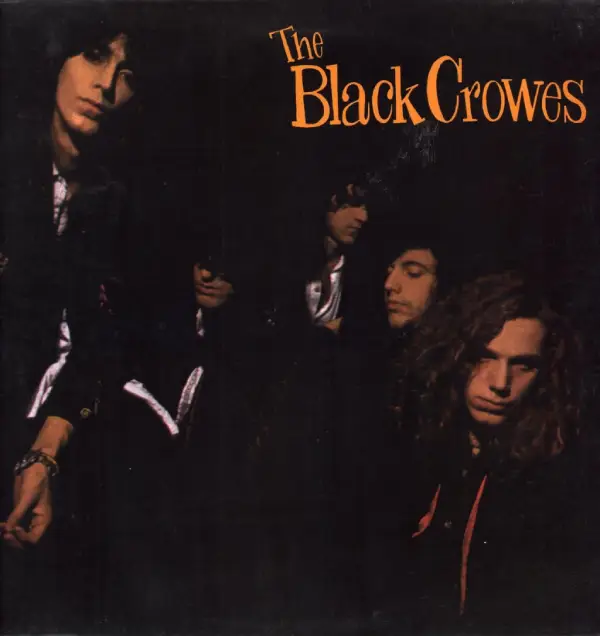
The Black Crowes’ Shake Your Money Maker is a powerful debut that reintroduced the raw, soulful energy of classic rock to a new generation in 1990. With its bluesy swagger, gritty riffs, and impassioned vocals, the album feels like a throwback to the golden era of rock ‘n’ roll while maintaining a fresh, modern edge.

Nick of Time is the kind of album that sneaks up on you—not with bombast or swagger, but with the quiet confidence of an artist who knows exactly who she is. Bonnie Raitt had been grinding it out for nearly two decades
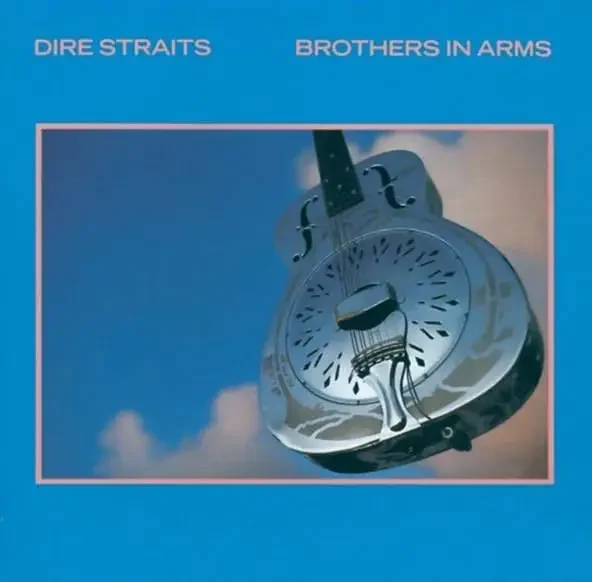
Brothers in Arms is a moment frozen in time. Dire Straits’ lush, cinematic sound, Knopfler’s masterful guitar work, and pristine production make it both polished and deeply human. A stadium-sized epic with the soul of a storyteller.

Eliminator isn’t just a rock album—it’s a full-throttle, chrome-plated, synth-dusted ride through neon highways and dive bars that never close. The guitars still snarl, the rhythm section still swings like a barroom door.
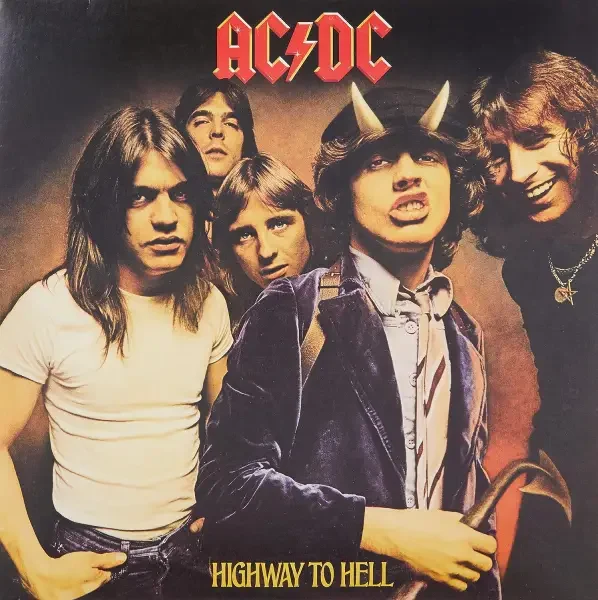
Highway to Hell didn’t just set AC/DC up for superstardom—it cemented their myth. It’s the record that proved they weren’t just loud kids from Australia, but rock’s loudest true believers. And for Bon Scott, it was the perfect send-off: feral, funny, and unforgettable.
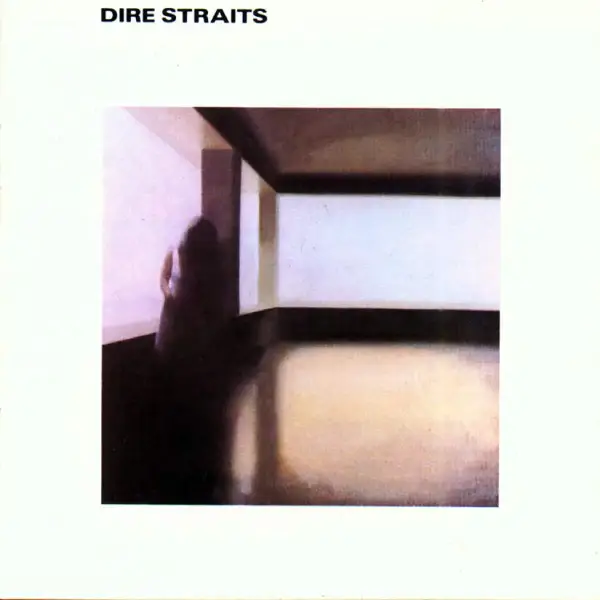
Dire Straits’ self-titled debut album stands out for its effortless ability to straddle the line between rock, blues, and folk, creating a sound that feels both classic and refreshingly understated. It sounds like it was dropped into the punk-soaked streets of London from a parallel universe.

Dirty Deeds Done Dirt Cheap is AC/DC at their most feral: riffs sharp as broken glass, Bon Scott smirking through the smoke, and songs that treat trouble like a sport. It’s not polished, it’s primal—and that’s exactly why it hits like a punch you asked for.
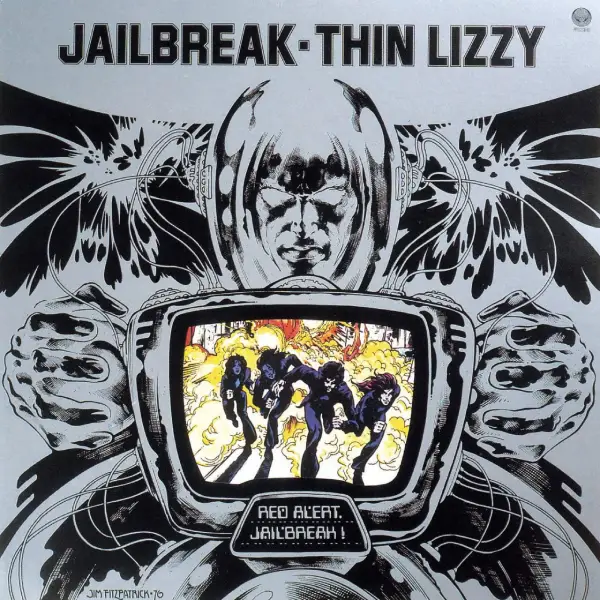
Jailbreak captures the spirit of rebellion, storytelling, and unrelenting energy. Released in 1976, it stands as Thin Lizzy’s breakthrough masterpiece, delivering a perfect blend of hard rock, blues, and a touch of Irish folk influence.

Toys in the Attic is where Aerosmith found their swagger—sharp riffs, nasty grooves, and Tyler in full manic glory. No more Stones comparisons; this is their own beast. Raw, reckless, and packed with hooks, it’s the album that made them legends.